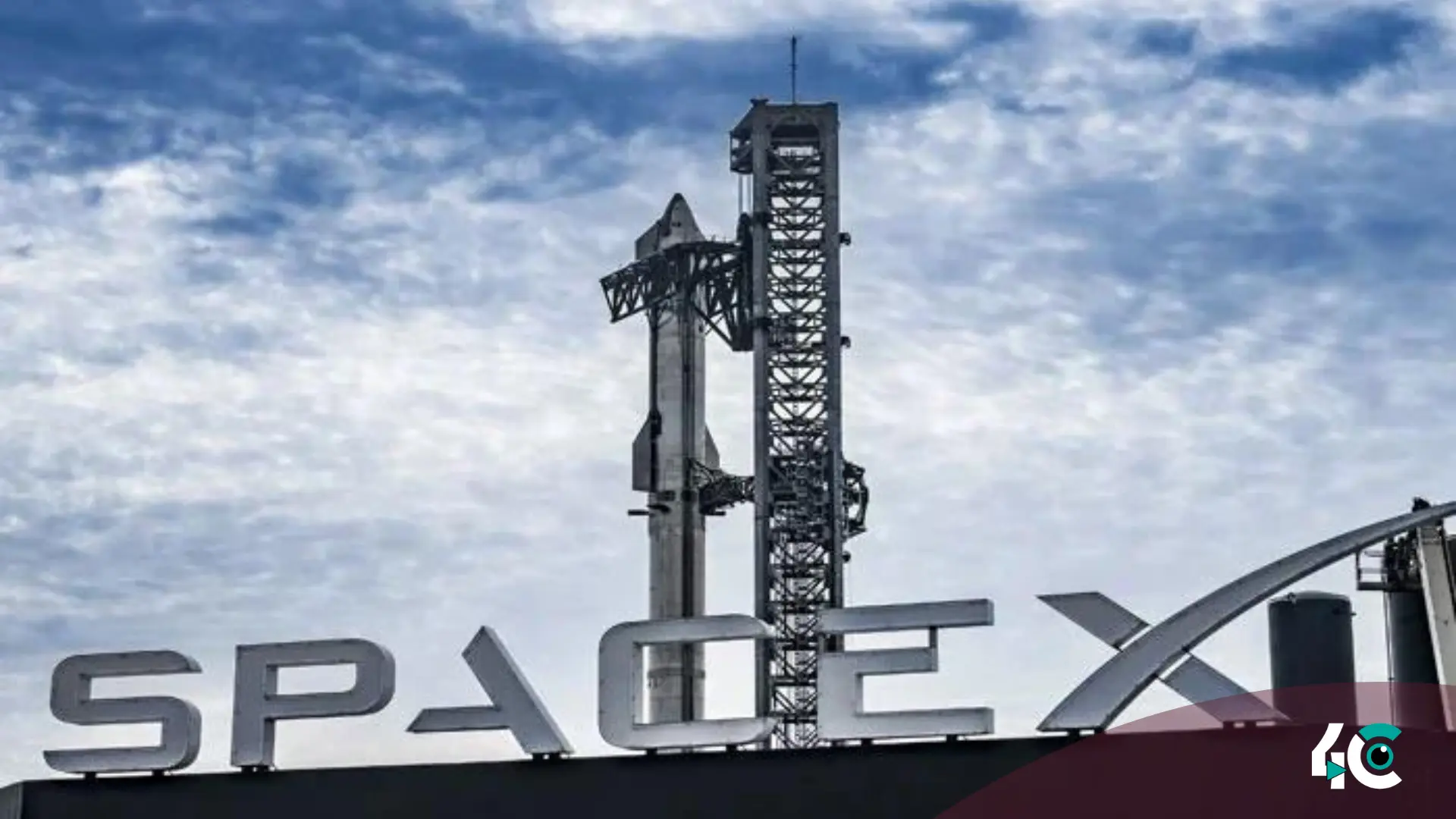Elon Musk, the CEO of SpaceX, has disclosed plans to fly uncrewed Starships to Mars within the next two years, with crewed trips commencing four to six years later. These initial trips will coincide with the next Earth-Mars transfer window in late 2026, acting as critical testing to assure safe landings on the Martian surface before passengers embark.
Musk’s ultimate ambition is to establish a self-sustaining human colony on Mars within the next twenty years. He emphasized that considerable technical improvements are necessary to cut the present cost of carrying meaningful payloads to Mars from $1 billion per ton to $100,000 per ton, making the establishment of a human metropolis more viable.
Musk’s notion that humanity must become a multiplanetary species to ensure its survival drives the urgency of these missions. Musk feels that extending to Mars will improve the chances of human consciousness surviving across the universe.
Furthermore, as SpaceX continues to lead the way in satellite deployment with its massive Starlink network, blockchain technology and satellite coordination are viewed as critical aspects in enhancing space-based logistics.
































